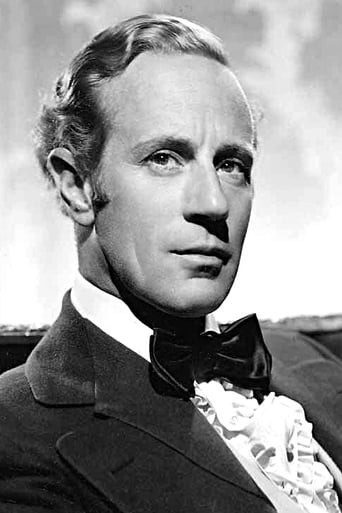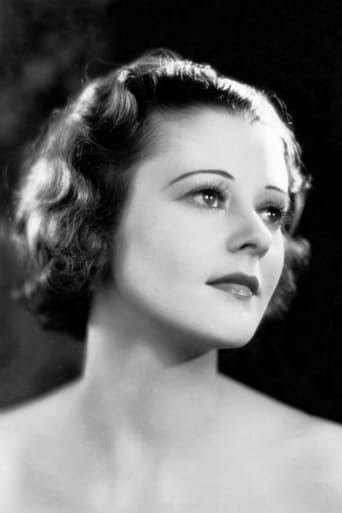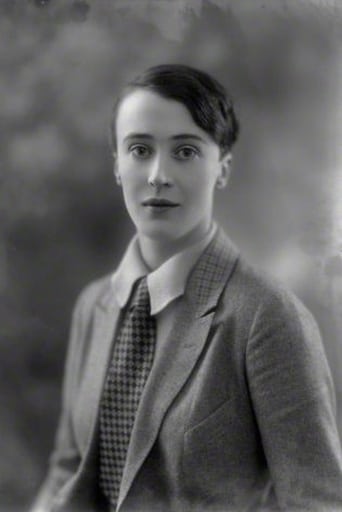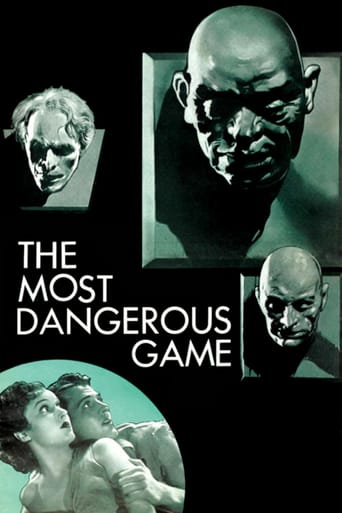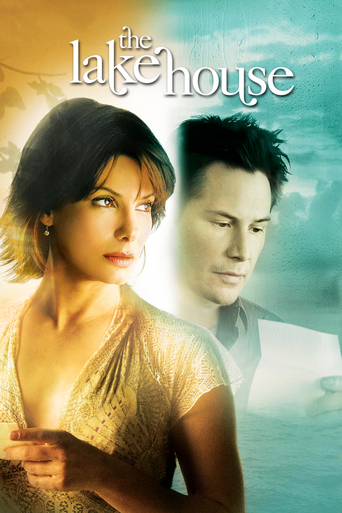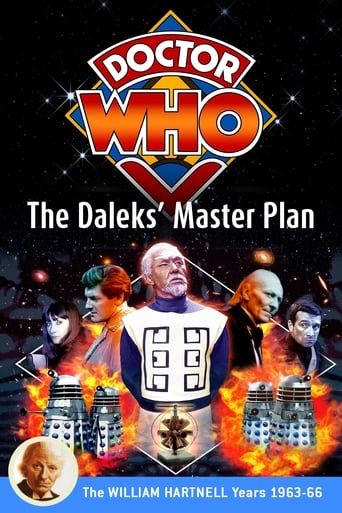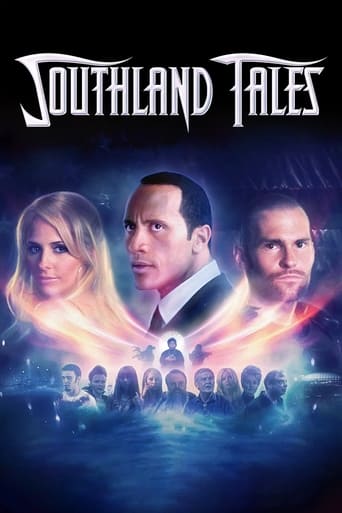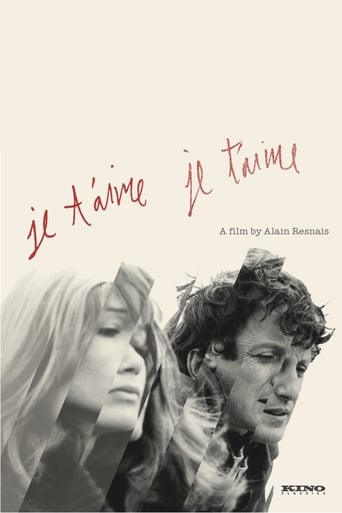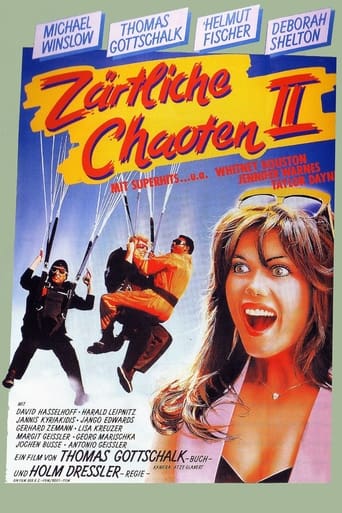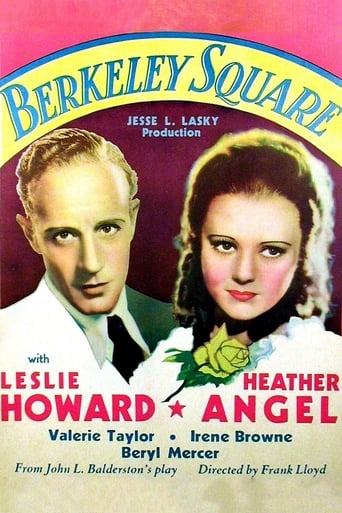
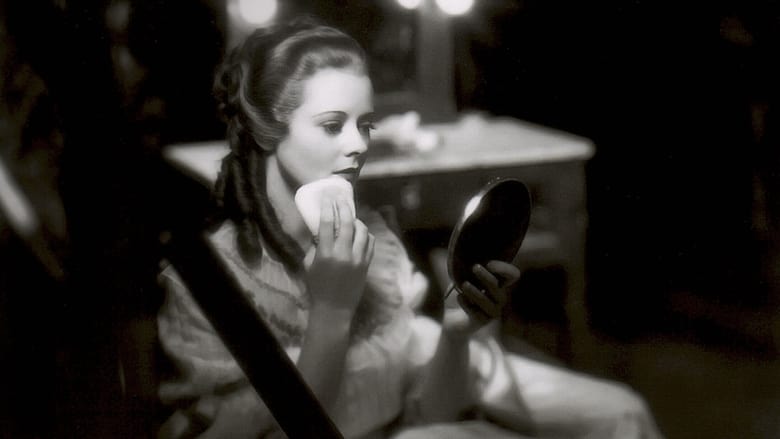
Berkeley Square (1933)
A young American man is transported back to London in the time shortly after the American Revolution and meets his ancestors.
Watch Trailer
Cast
Similar titles
Reviews
That was an excellent one.
Such a frustrating disappointment
Pretty good movie overall. First half was nothing special but it got better as it went along.
This story has more twists and turns than a second-rate soap opera.
BERKELEY SQUARE was a success d'estime of the late Twenties and early Thirties. Based on a short story - THE SENSE OF THE PAST - by Henry James, it tells the story of how Peter Standish (Leslie Howard) travels back in time from the contemporary world into the late eighteenth century, and discovers to his cost that life isn't quite as idyllic as the history books might suggest. John L. Balderston's script isn't without its sentimental moments, but generally takes a hard-nosed look at the ways in which individuals remain as self-centered in the past as they might have been over a century ago. Leslie Howard, who created the past of Standish on the Broadway stage, here recreates his part; he doesn't have to do much other than to look bewildered, which he achieves very competently. Valerie Taylor makes an ideal romantic interest. Director Frank Lloyd was one of Twentieth Century-Fox's most competent contract directors; his version of Noel Coward's CAVALCADE (1933), based on another theatrical hit, is particularly memorable. In BERKELEY SQUARE he creates a brisk narrative, containing a memorable series of transitions between past and present. Definitely worth a look if a copy of the film can be found.
Leslie Howard proves once again that he was the matinée idol women adored long before he was unwillingly cast as Ashley Wilkes in "Gone with the Wind," a role he hated to play.He gives a very forceful performance here as a young man who is fascinated by his ancestry and somehow transports himself to an earlier era, with unhappy consequences he couldn't have expected when events turn against him.Heather Angel makes a good impression (she and Howard both starred in the Broadway stage version), but the tale itself is much too talky for the screen and would have benefited from a wider use of outdoor scenes to take away some of the stage-bound feeling. An unusual feature is the almost constant flow of background music in an era when most soundtracks were only punctuated by dialog without musical effects. This affects the quality of the spoken words, of which there are far too many for my taste and, in this case, because it's based on a stage play taken from an unfinished Henry James novel called "A Sense of Time." It takes a willingness to suspend disbelief in order to enjoy the fantasy aspects of the story, but it's done in an interesting way and directed in stylish fashion by Frank Lloyd.Summing up: One of Howard's better film performances, he was nominated for a Best Actor Oscar. Remade by Fox in 1951 as a film for Tyrone Power and Ann Blyth called "I'll Never Forget You."
This is a very amusing love story with a good dash of humor. Much of the humor centers around the culture clash between Standish and the 18th century family. Standish uses modern terms and slips when he reveals things that happen in the future. The culture clash is a cautionary tale for would be travelers. This film appealed to many women because Leslie Howard was a heart throb for many of them. My mother loved this film and could watch it over and over. She was so disappointed when late in her life it disappeared from the old movies shown on TV.It is currently not commercially available, but a number of vendors have poor quality CDs or tapes for sale. All of these were probably made from a VHS tape from a TV showing. The tape was deteriorated and possibly copied several times so there is a lot of instability and wiggling of the image. The original broadcast used extreme compression of the video and sound. As a result the noise level rises to become very loud until dialog causes the gain to be cut. As a result the dialog is sometimes very indistinct. The music which was originally soft also rises to match the level of the dialog. Once this is restored by hand, the film is fairly listenable. The complaint of another reviewer about the music being too loud may stem from watching a copy with similarly compressed sound. In addition the broadcast severely cropped the film and did not stabilize the jitter.This is a film that deserves restoration from the existing prints, but when and if this happens is unknown. Until then buying one of the existing CDs may be the only way to view this fine film.
In adapting his own stage play 'Berkeley Square' for the screen, playwright John L Balderston made numerous changes. One change is significant in hindsight: during Act One of the stage play, the dialogue makes several references to a war hero named Bill Clinton! (A hero on the side fighting AGAINST the United States.) In the film, this British officer is merely identified as Major Clinton, and there are no mentions of his heroics.Leslie Howard, everyone's definitive Englishman, was actually English only by a fluke: his parents were Hungarian Jews who moved to London shortly before his birth. In the film version of 'Berkeley Square', Howard portrays two Americans -- one from the 18th century, one from the present -- but his accent and demeanour in both roles are quintessentially English. Howard had previously starred on Broadway in this story, but in the stage play he portrayed only the modern-day Peter Standish who journeys into the past; his namesake ancestor (swapping places with him in the present) remained offstage.Here we have the fantasy about a modern American who contrives to switch places in time with his 18th-century ancestor: both men are named Peter Standish, and are physically identical. (This is unlikely: the medical, dental and nutritional standards in 1784 would have kept that century's Standish looking very different from his descendant.) Apart from failing to convince me that he's American, Howard gives an excellent performance in both roles. Soon enough, Peter Standish acquires a touch of Peter Ibbetson as he falls in love with a woman who will die in 1787, more than a century before his own birth.The ever-reliable Samuel S. Hinds (wearing a bizarre moustache here) plays straight man to Howard in one fascinating scene, in which Standish explains the difference between linear time and non-linear time: in the latter, all the events in the universe are occurring simultaneously.Also quite excellent is Betty Lawford in an unsympathetic role. She wears some very chic gloves but also sports a bizarre fur collar that seems to be intended for a female impersonator. A transvestite linebacker could hide his shoulders inside there!As the doomed young lady of 18th-century England, Heather Angel has one memorable scene opposite the 18th-century Standish's body possessed by his modern descendant. Staring into Standish's eyes, she glimpses an amazing stock-footage montage of the chaos and mayhem of modern times. Her reaction is memorable.A story like this will have intentional anachronisms, but I looked for unintentional errors. Here's one: a string ensemble in 1784 perform Gossec's 'Gavotte' two years before he wrote it. Have another: in the opening scene, set in September 1784, Lionel Belmore reports that a French aeronaut has just flown from Dover to Calais (Belmore mispronounces this name) in a balloon. Actually, that didn't happen until January 1785: the flight was in the opposite direction, and there were two men (one of them Anglo-American) in the balloon. In a later scene, some English gentlemen give the word 'bathed' the wrong pronunciation (yes, I'm quite certain). The art direction is generally excellent, except for a dodgy thunderstorm. And it's weird to encounter the term 'crux ansata' applied to what modern viewers know better as the Egyptian ankh.This film gets very much right a detail that many other period stories get wrong: 'Berkeley Square' acknowledges that the past is a dirtier, not cleaner, place than the present.The single worst thing about 'Berkeley Square' is the overscored soundtrack: practically every scene assaults the ears with loud background music, when so much of this gentle fantasy would have worked better with no music at all. I was delighted that the character actress Beryl Mercer is much less annoying than usual here, probably because (for once) she's been given no maudlin material. My rating for this gentle, stately fantasy is 7 out of 10. For a much more romantic treatment of this premise with a different set of time-travel paradoxes, I recommend a better movie: 'Somewhere in Time'.
